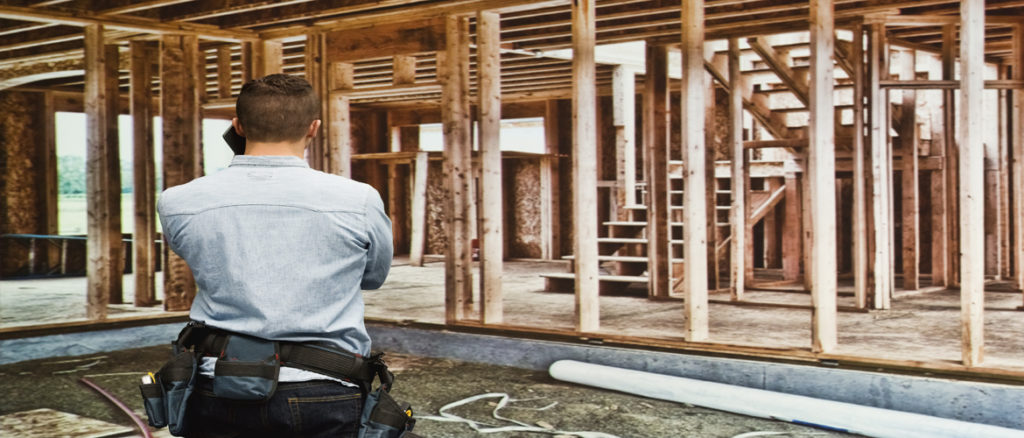After many years of portfolio construction lending, hundreds construction loans funded, managed and serviced over the last two decades; one thing stands out above all others when measuring a loan’s success: The character and skill of the builder. When the market is frothy hot, everyone wants to be a builder and the numbers are easy to spin. Such was the case from 2005-2007.
Yet, when the market suddenly slips into reverse, flaws of amateurs are exposed and the lenders take huge losses. For this reason, wise lenders must consider, at a deeper level, the builder’s history, skill set and credit before loan approval.
Even asset-based lenders should heed this advice, or inherit the many insidious risks that come with the amateur builder (borrower). Below are some of the most common risks involved with amateur builders:
- Contractors not being paid due to disputes, often due to poor project management by the builder. Additionally, amateur builders will often use subcontractors who are not licensed or bonded.
- Project not completed on time leading to cost overruns, missed selling seasons and drained interest reserves.
- Poor construction quality can lead to substantial devaluation (especially in the Pacific Northwest or mountain resorts where water problems can come at an enormous expense).
- Inexperience in setting the proper foundation elevation height can lead to less street appeal, increased import/export dirt costs and drainage issues.
- Project over budget due to inexperience. This can lead to short-cuts or pressuring (green-mailing) the lender for more money, or not being able to sell within a reasonable time frame.
- Eccentric finishes, inconsistent interior designing and setting the spec construction sale price too high. The former can limit market appeal, making the project more difficult to market; and the latter might make being able to sell within a reasonable time frame difficult.
- Weak on documentation and sometimes don’t understand (or utilize) Lien Releases unless forced to by Lender. Without a construction schedule or a firm completion date set, it could result in missed opportunities if the selling season is seasonal (ie. ski season in Park City Utah , snowbird season in Palm Springs, etc.).
Good builders know their market well, create a product buyers want and get maximum value. An amateur builder can undo otherwise good underwriting, and send a deal spinning in the wrong direction.
At Seattle Funding Group, we have been fortunate that our greatest exposure to these mistakes was many years ago when the numbers were small. Since the late 1990’s, we have brought all construction loan review and management in house. This has not only helped us avoid unnecessary risks, it has allowed us to serve our brokers better with faster answers. It has also helped develop lasting relationships with high quality builders spanning a multitude of successful projects.
To summarize, when underwriting construction loans, the overall quality and skill of the builder is not an ancillary issue, it’s primary.
Yes, the numbers and LTV must make sense.
Yes, the location and projected price point are critical.
But don’t overlook the importance of whom you are doing business with. Even with all the right ingredients, an inexperienced builder (or one with poor character) can create problems and losses–where none exist!

